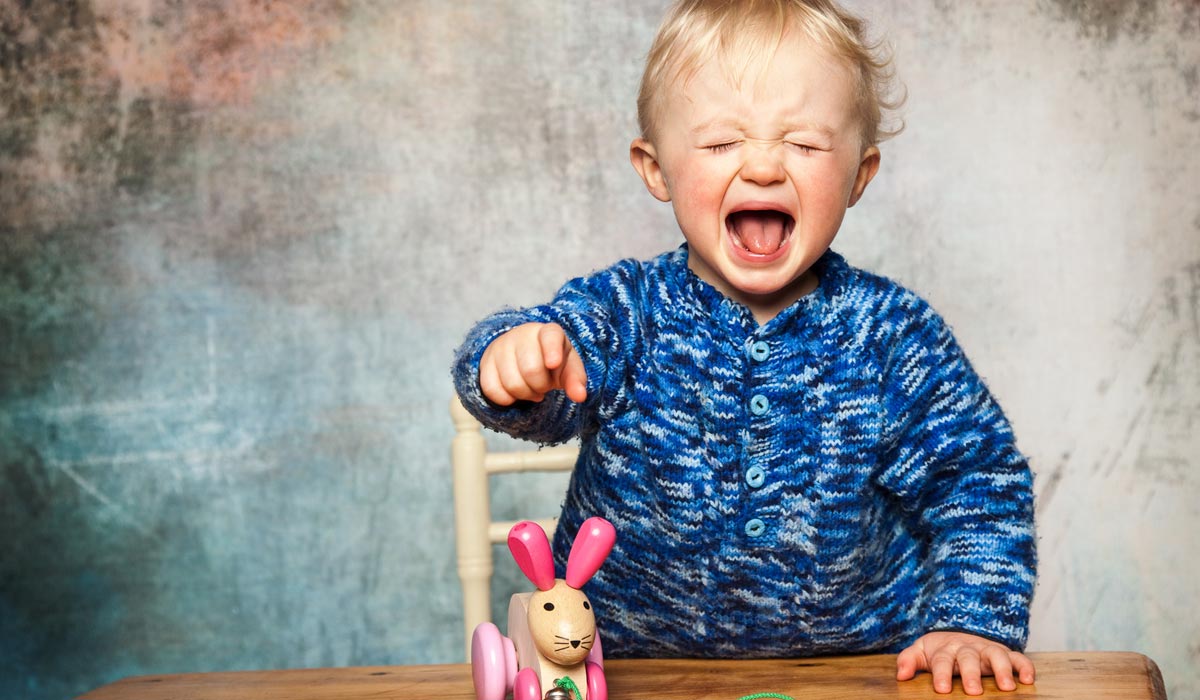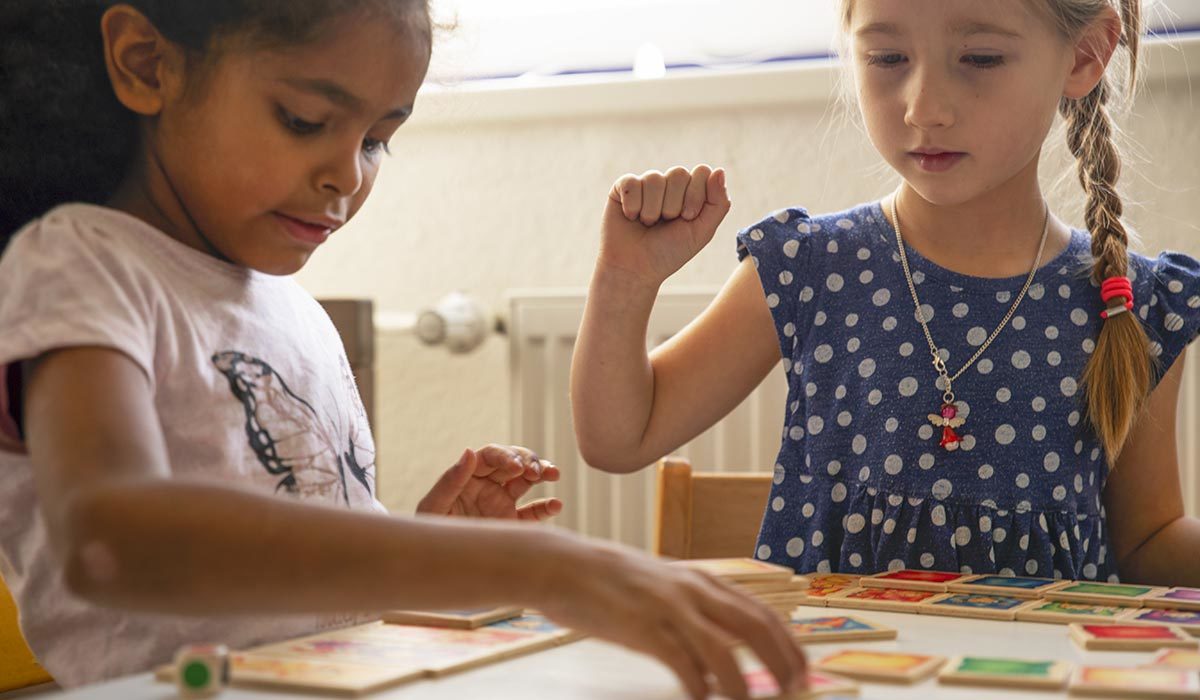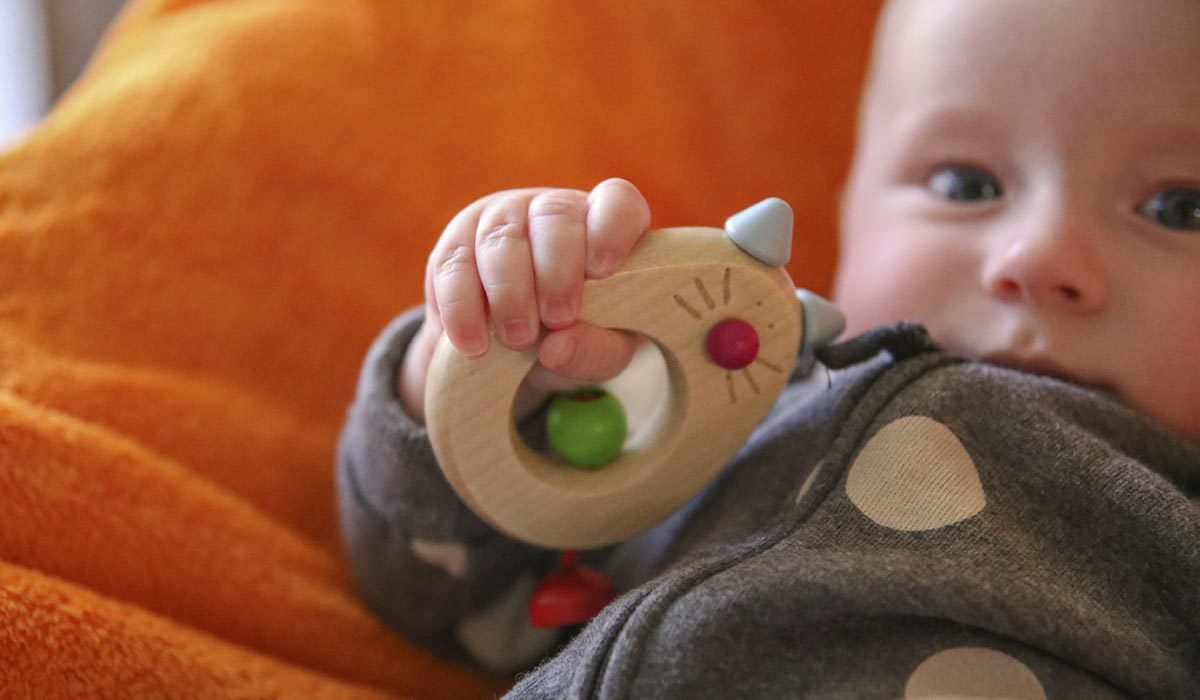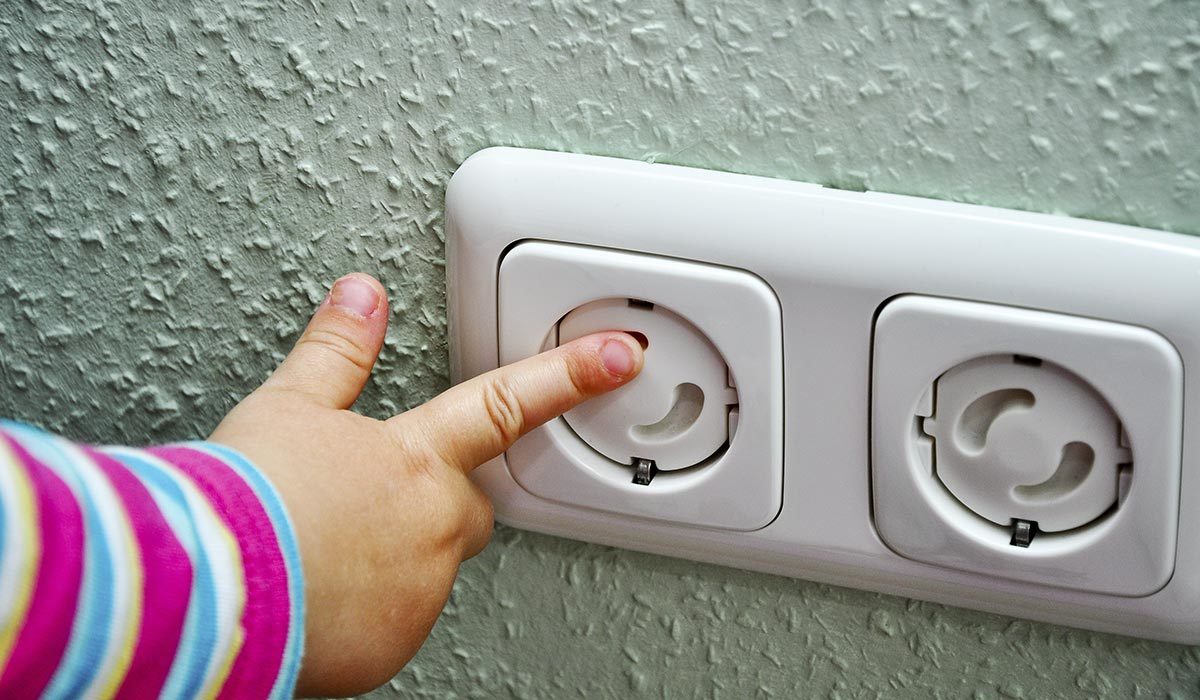Sooner or later, every child reaches a phase when they become defiant. This usually happens when they are around two to three years old. A sudden tantrum can happen anytime, anywhere. How should parents behave when they are confronted with the ‘terrible twos’, and what should they look out for?

Why do small children have tantrums?
Around the time they are approaching the age of two, most small children realise that they have a will of their own—and want to assert it. They discover the word ‘no’, refuse to let their parents continue to tell them what to do, and repeatedly test the limits of their own autonomy.
But what makes children defiant? It is the fact that they still lack the ability to manage negative feelings or disappointment. Until they have learned this, the only option that remains to them is to vent their rage at the top of their lungs.
In addition to this, small children are not yet able to judge time. When they think of something that they want to have or do, it has to happen at once. If their request is refused, this can lead to violent outbursts of temper. Even children who are otherwise very quiet start to scream loudly and roll around on the floor, kicking out their legs, throwing objects around or beating the furniture.
Calm and love help combat phases of defiance
Tantrums come out of the blue, even for the children throwing them. The child is usually overwhelmed by their own feelings or senses; and this type of situation is often difficult for their parents to deal with as well—especially when a deafening tantrum takes place in public, or when the child simply seems incapable of responding and cannot be controlled. The best thing to do is to give your child a little space to let their emotions run wild. Wait, take some deep breaths or count to ten in your head. The most important thing is for you to keep calm. Above all, ignore comments from the self-appointed ‘parenting experts’ who are bound to appear if your child has a tantrum in public.
And one thing is certain: every tantrum comes to an end naturally, and most small children will then seek out their parents’ company in order to feel that they are still loved. Children under the age of three in particular are genuinely overwhelmed by their feelings and their rage. They are confused and have no idea where these extreme emotions come from. So be forgiving and never punish your child by withholding affection.
When should you set boundaries for a defiant child?
It is really challenging to react calmly to a tantrum. But if your child kicks and hits out at you or other adults, or even other children, you need to intervene. If possible, kneel down so that you can look your child in the eyes, and very gently hold their arm or foot.
Try, in a quiet voice, to convey the message that your child has inflicted pain on other people or on you, and that you do not want this to happen.
5 tips to prevent or cut short tantrums
-
-
-
- If at all possible, avoid shouting loudly when your child is having a tantrum so as to prevent the situation from escalating unnecessarily.
- As soon as you realise that a tantrum is imminent, try to take the child to a quieter environment if you are out in public, for example into a side room, or sit together in the car. In private surroundings it might help to ignore the child and leave the room.
- Make it clear to your child that they cannot get their own way by throwing a tantrum. Be consistent, or soon you could have a selfish household tyrant in the playroom who throws tantrums deliberately to get what they want.
- If a small child becomes truculent, a distraction might help. Suggest a short game or tell them what you are planning to do with them next.
- Make sure that your child gets enough sleep. Tiredness makes tantrums worse.
-
-
If you are wondering who the cute rabbit in the picture at the top is, that is Hanna Hoppel, our solid wood pull-along rabbit. And she was definitely not the cause of any screaming fit. 🙂








